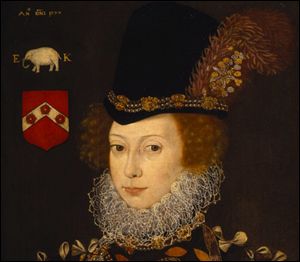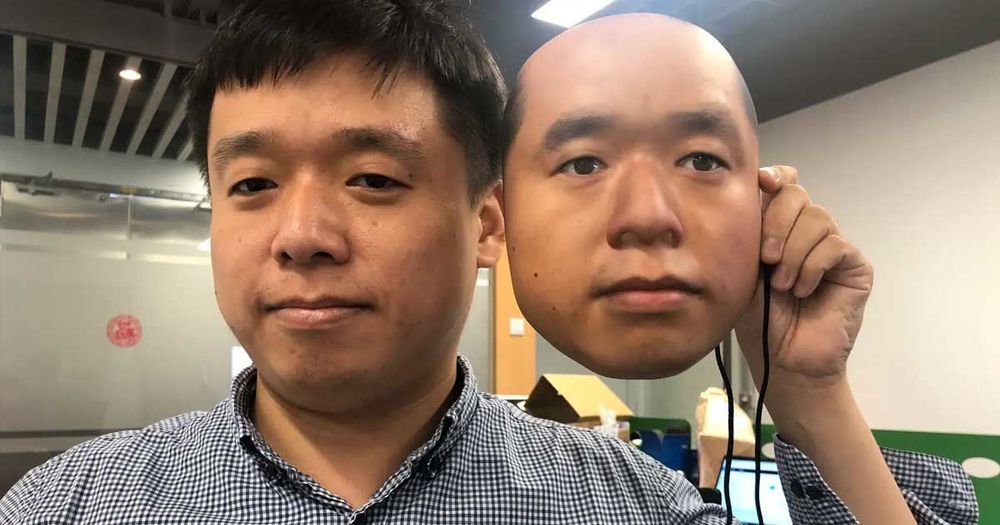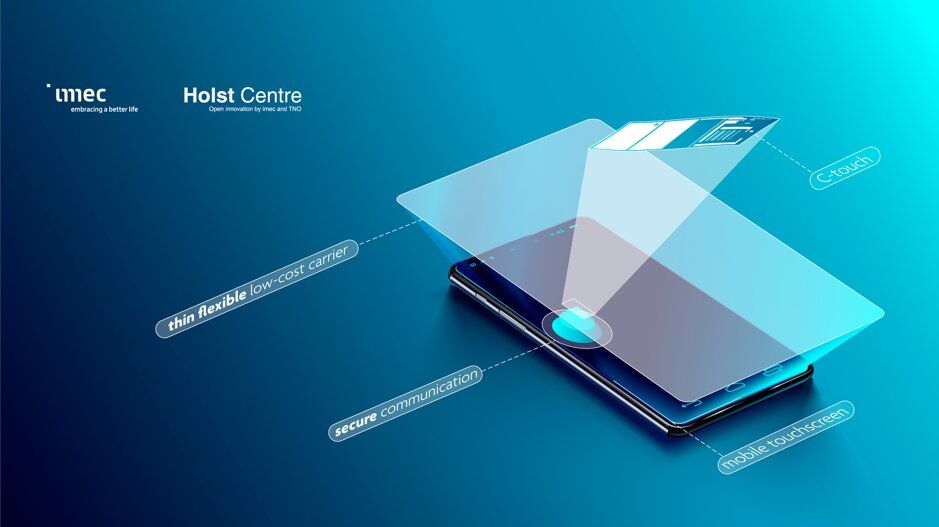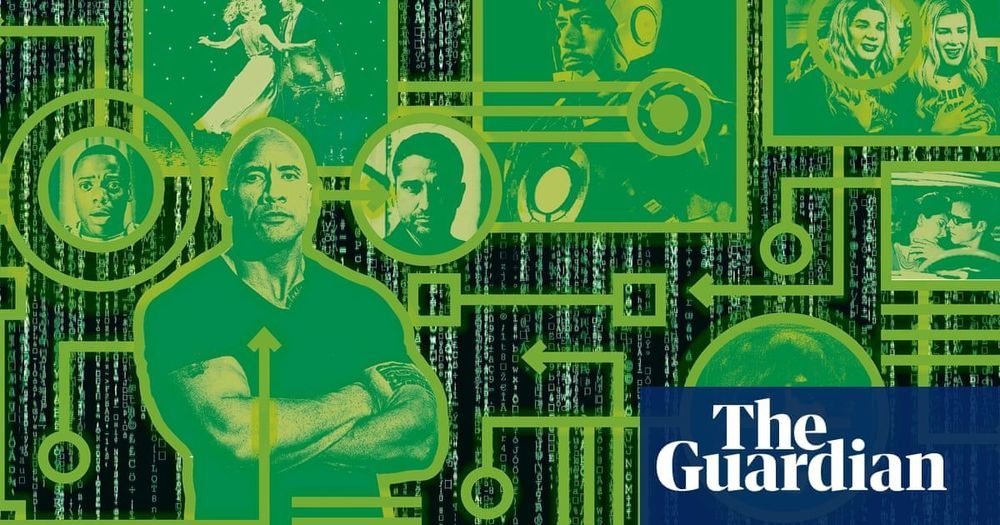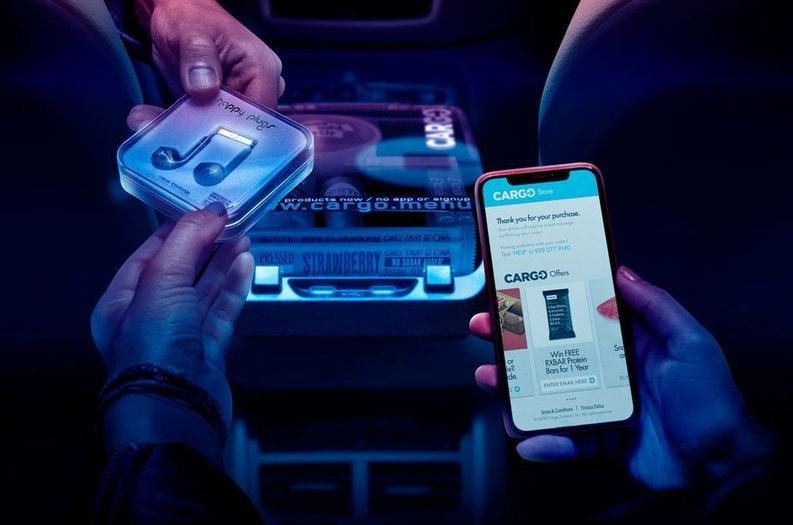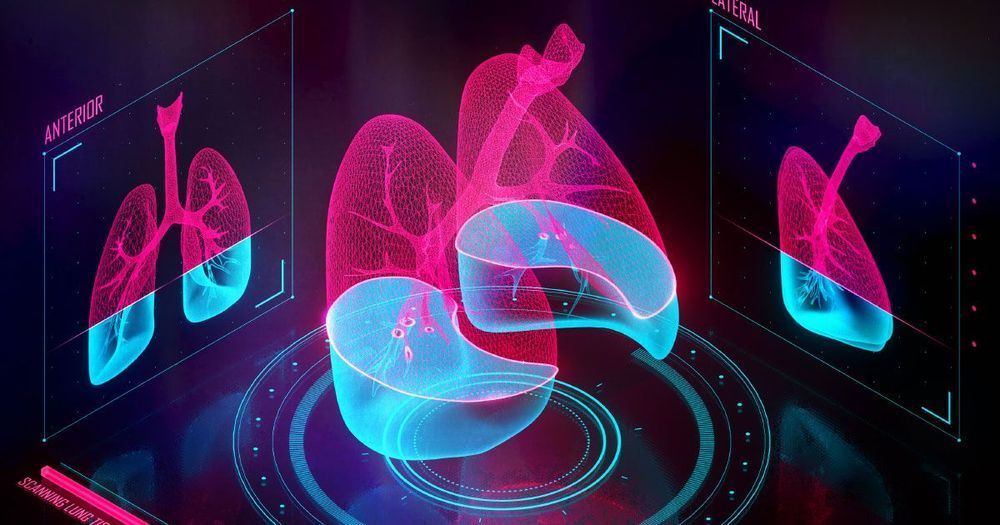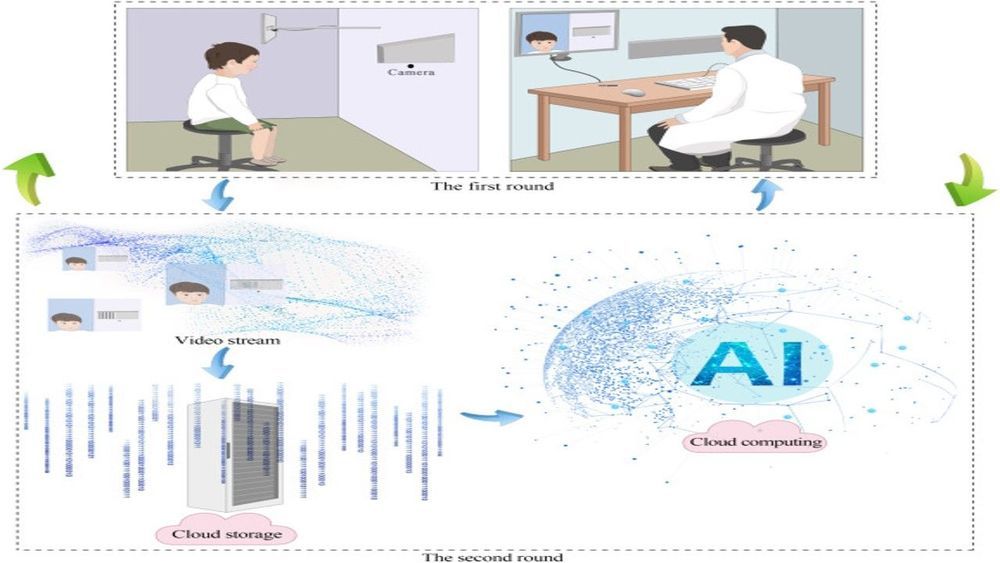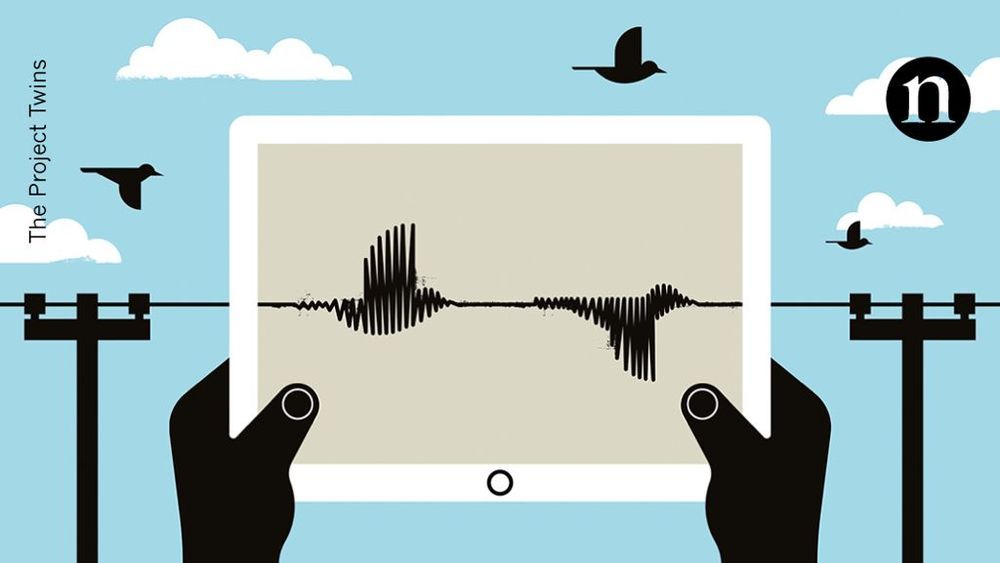In 1948 Frank Wisner was appointed director of the Office of Special Projects. Soon afterwards it was renamed the Office of Policy Coordination (OPC). This became the espionage and counter-intelligence branch of the Central Intelligence Agency. Wisner was told to create an organization that concentrated on “propaganda, economic warfare; preventive direct action, including sabotage, anti-sabotage, demolition and evacuation measures; subversion against hostile states, including assistance to underground resistance groups, and support of indigenous anti-Communist elements in threatened countries of the free world.”
Later that year Wisner established Mockingbird, a program to influence the domestic American media. Wisner recruited Philip Graham (Washington Post) to run the project within the industry. Graham himself recruited others who had worked for military intelligence during the war. This included James Truitt, Russell Wiggins, Phil Geyelin, John Hayes and Alan Barth. Others like Stewart Alsop, Joseph Alsop and James Reston, were recruited from within the Georgetown Set. According to Deborah Davis, the author of Katharine the Great (1979) : “By the early 1950s, Wisner ‘owned’ respected members of the New York Times, Newsweek, CBS and other communications vehicles.”
In 1951 Allen W. Dulles persuaded Cord Meyer to join the CIA. However, there is evidence that he was recruited several years earlier and had been spying on the liberal organizations he had been a member of in the later 1940s. According to Deborah Davis, Meyer became Mockingbird’s “principal operative”.
